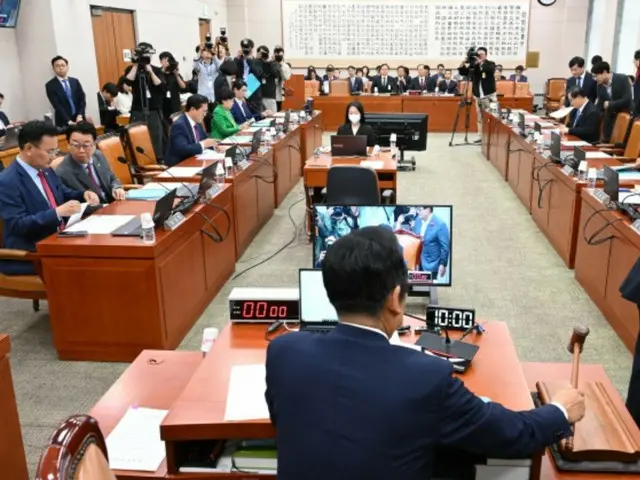Han Dong-hoon, CEO of the group "Power of the 21st Century," posted on Feibook, "I'm sorry it's taking so long to pass this bill, which should have been passed for our heroes."
On the 13th, the ruling and opposition parties passed a bill to amend the Espionage Act (Article 98 of the Criminal Code) at a subcommittee of the Law and Judiciary Committee. The current Espionage Act stipulates that only espionage acts for "enemy countries" are punishable.
However, under Supreme Court precedent, the enemy country is only North Korea. For this reason, it has been pointed out that even if espionage is carried out for a country other than North Korea, it cannot be punished as an espionage crime.
The amendment bill includes provisions that would punish espionage not only for "enemy countries" but also for "foreign countries and organizations equivalent to them." The amendment bill to the Espionage Law that was passed by the subcommittee will be passed by the full committee on legal affairs in the future.
The reason why the scope of application of the Espionage Act was narrowly defined as enemy countries was because the legal provisions were created in the 1950s and 1960s during the Cold War.
The bill was passed by a National Assembly subcommittee on espionage law for the first time in South Korea's constitutional history.
In fact, the controversy over the espionage law has resurfaced recently after a Chinese man who was arrested for taking drone photos of the National Intelligence Service building was released.
The man suspected of violating the law, a Chinese man in his 40s, was investigated for two days and then sent home. Han, who had been seeking cooperation in amending the espionage law, said he had been in a public meeting with the president immediately after the bill was passed by the subcommittee on the same day.
"It took a long time, but it's almost here," he said in an interview with the National Assembly. Several bills to amend the Espionage Act were proposed in the previous 21st National Assembly, but they did not make it past the threshold of the Law and Judiciary Committee subcommittee and were scrapped when the term expired.
The subcommittee also proposed a bill to amend the Immigration Control Act, which would allow for the systematic collection, retention, management, and provision of information on foreigners, and a bill to establish new provisions for the punishment of attempted child abuse murder.
The council also discussed bills such as the "Bill to Amend the Special Act on Punishment of Child Abuse Crimes."
2024/11/14 06:01 KST
Copyrights(C) Herald wowkorea.jp 104

